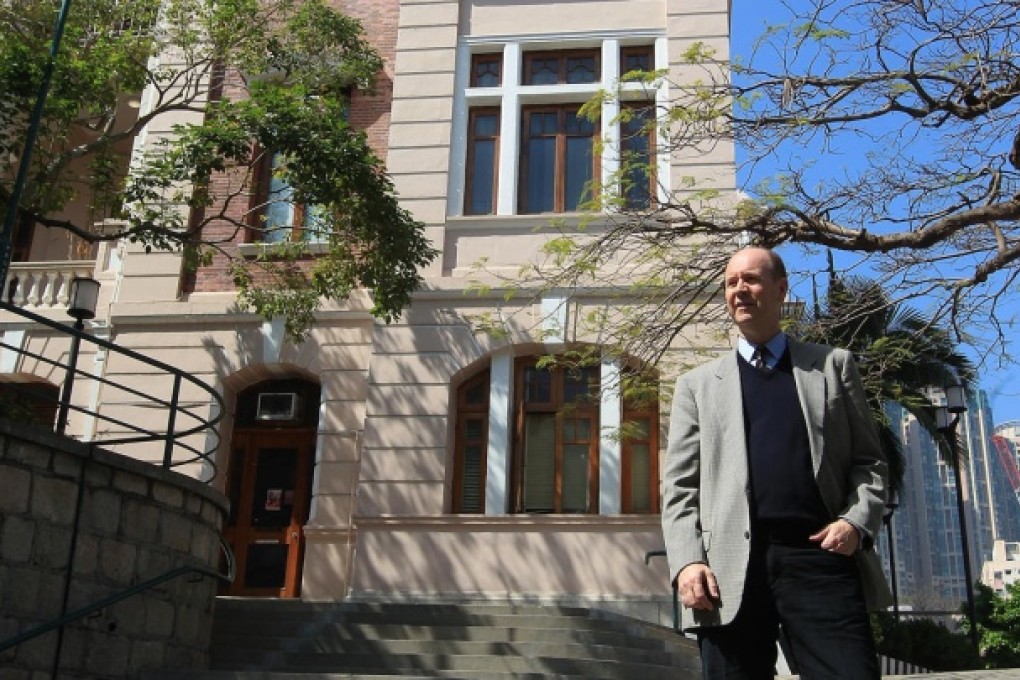Good marks for Hong Kong in World University Rankings, but history is a fail
Hong Kong institutions fared reasonably well in the latest QS World University Rankings by Subject, being represented in the top 200 in almost all 30 subjects.

Hong Kong institutions fared reasonably well in the latest QS World University Rankings by Subject, being represented in the top 200 in almost all 30 subjects. History, and agriculture and forestry, were the two subjects for which no local institutions made it into the top 200.
The University of Hong Kong was ranked 10th and the University of Science and Technology 12th internationally for computer science and information systems in the poll, which was based on employer and academic reputation, and SciVerse Scopus, the abstract and citation database of peer-reviewed research literature.
HKU and Chinese University even made the top 50 for the less popular subject of philosophy, while Baptist University made the top 200.
It is easy to see why forestry and agriculture do not have a place in a metropolis like Hong Kong. But history is standard in any school curriculum.
HKU professor Peter Cunich blames the poll result on the tiny resources dedicated to history here. "Our Hong Kong history departments are very small by international standards, and none of them are as comprehensive in their coverage of areas or time periods as other top 200 institutions.
"Most top 200 institutions would have departments with between 20 and 50 full-time professorial staff covering the full range of time periods and geographical areas," the history professor says.
HKU has 11 full-time professorial staff in the department, down from 17 in the early 1990s. The number will come down further next year, says Cunich. The history departments at Chinese University, Baptist University and Lingnan University are also limited in size. Chinese University has about 50 history undergraduates and 14 full-time professorial staff.